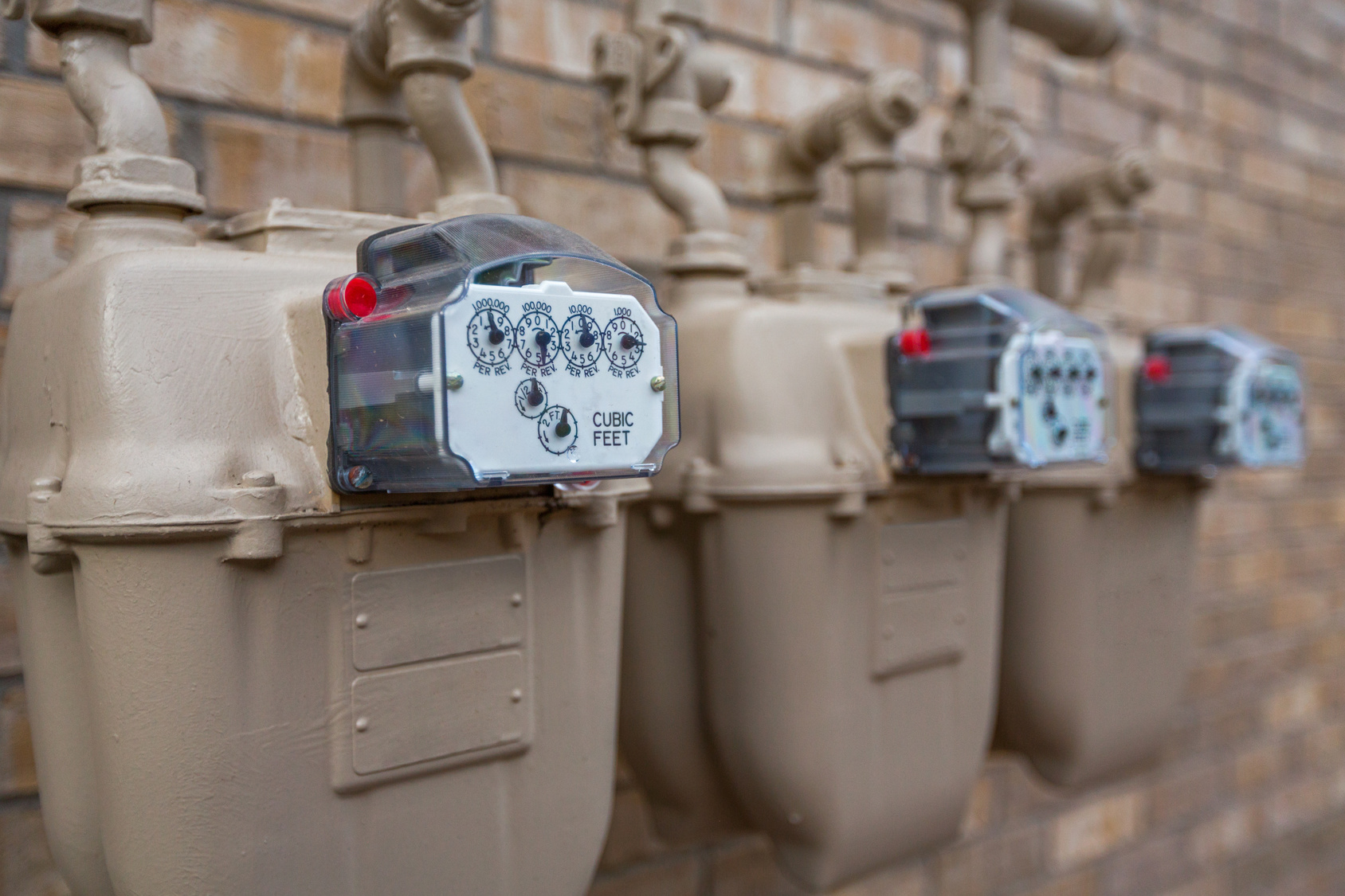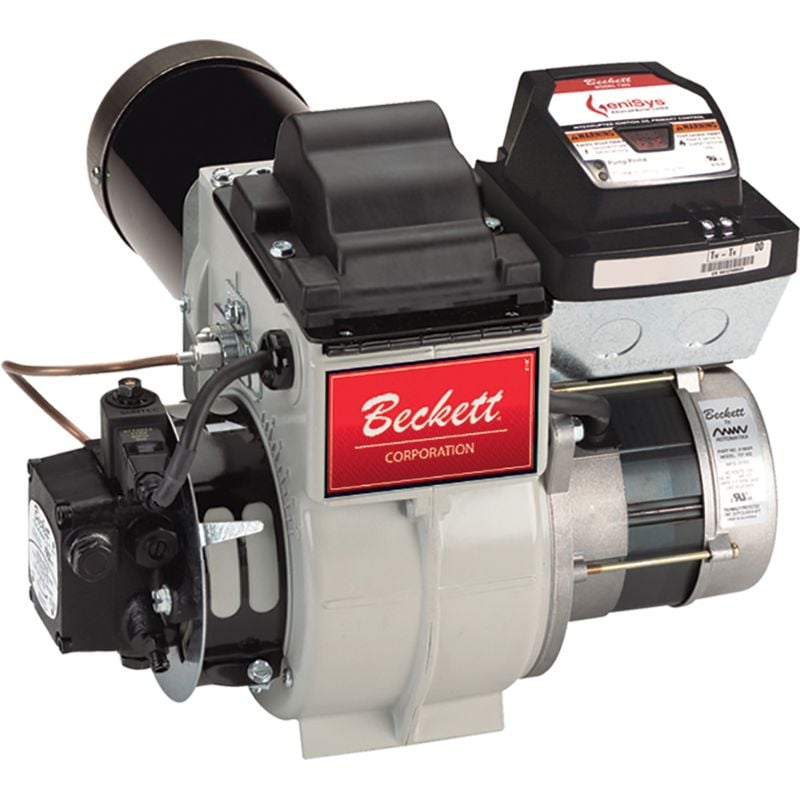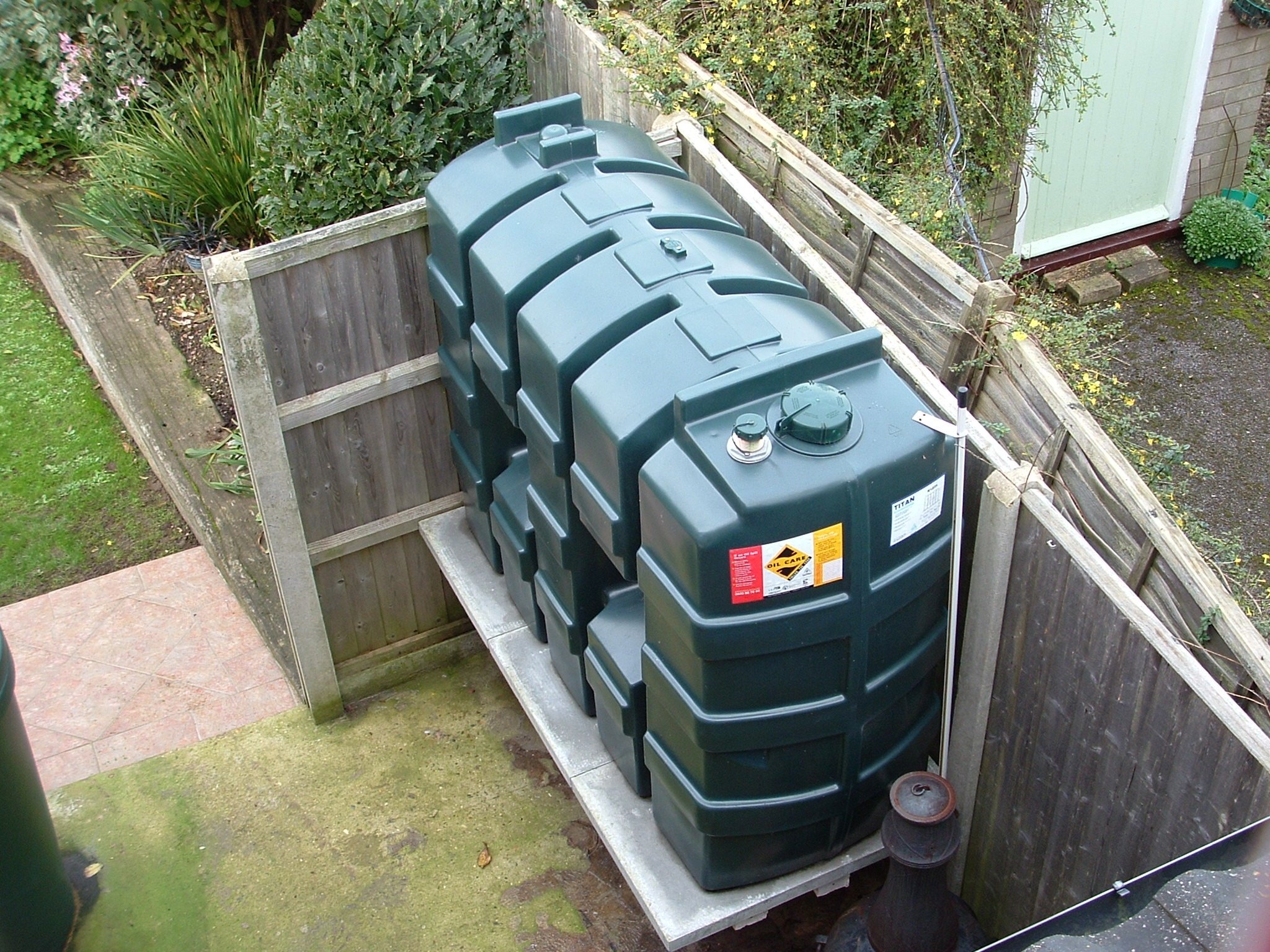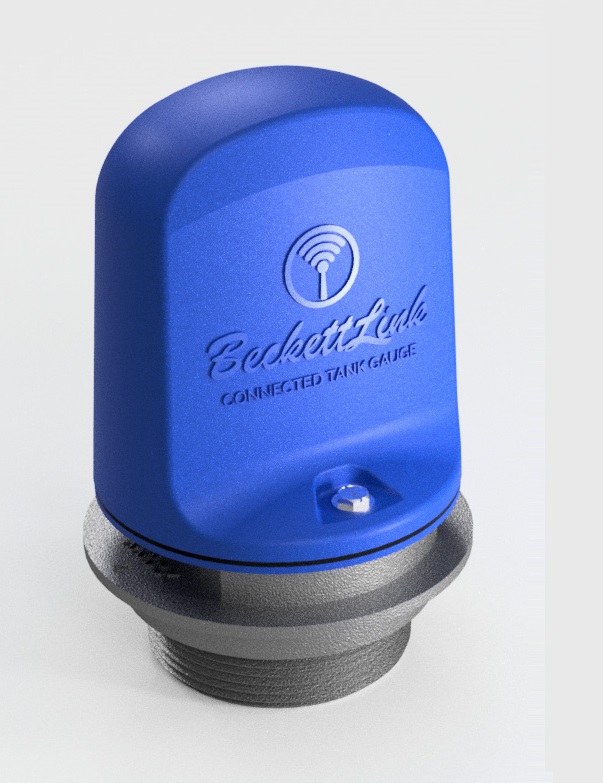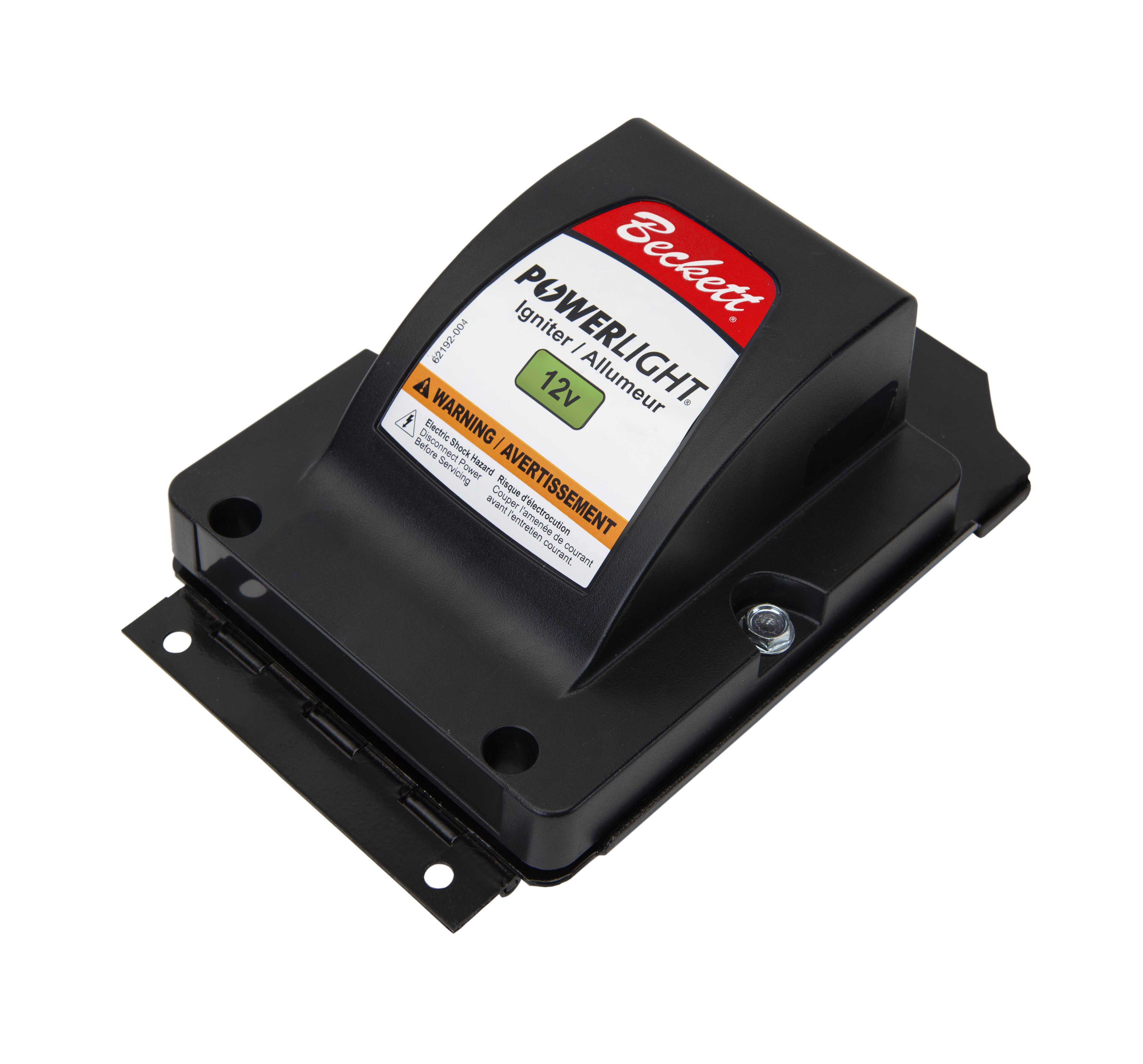Efficiency, in the technical sense, is a measure of the ratio of the work performed by a machine or in a process to the total energy or resources expended. In terms of the heating industry, efficiency is a term generally used to denote the value or effectiveness of a heating fuel or system based on the heat produced vs. the fuel expended. However, depending on how it is used in conversation or analysis, "efficiency" can sometimes turn into a very subjective term. In order to truly quantify the efficiency of oil or gas heat, we need to be more specific in our measurements and the way we discuss them.
Beckett Corp.
Recent Posts
History and Evolution of Connected Tank Gauge Technology
Since the beginning of the heating and combustion industry as we know it today, manufacturers, fuel companies, and more have always been working to improve fuel systems for more reliable comfort and better performing systems. Due to this innovative momentum, many advancements have been made in heating technology to create a more efficient, effective system. One of the most revolutionary developments in fuel tank technology in the past several decades is the emergence of the connected tank gauge (CTG). The purpose of a connected tank gauge is to provide automated tank level readings and provide fuel alerts to fuel distributors and consumers as well. As manufacturers have continued to improve their appliances over time, CTG systems have become one of the most important pieces of an optimally-performing heating system. In this post, we'll discuss the history and evolution of connected tank gauge technology at its roots and as we know it today.
Topics: Connected Tank Gauge
While oil heat is one of the most common types of heating systems across the country today, many consumers still hold some popular misconceptions about the use of heating oil. In our oil heat misconceptions blog series, we'd like to take the time to address these widespread misunderstandings about fuel oil and its use in residential and commercial heating.
Topics: Oil Heat, Oil Heat Misconceptions, Biofuels
At this time, the heating and combustion industry is putting the pieces in place for one of the biggest steps toward carbon neutrality in history: the large-scale implementation of green, bio-based fuels, including renewable diesel and FAME biofuels (biodiesel). As biofuel research and trials continue to show evidence of the green segment's opportunity to slash greenhouse gas emissions in both the transportation and heating markets, fuel companies and distributors have a lot to consider when it comes to the logistics and distribution of these innovative green biofuels.
In this post, we'll discuss the potential implications to the heating industry when it comes to the logistics and implementation of green biofuels and what considerations fuel marketers will need to make based on the characteristics of the different types of biofuel.
Topics: Green Fuels, Biofuels
While oil heat is one of the most common heating types in many parts of the country, many homeowners hold a few fundamental misunderstandings about this fuel. We believe that it's important to educate consumers about the true characteristics of oil heat, including how safe it is to use. The misconception has persisted for many years that oil is unsafe, but this couldn't be further from the truth. In fact, oil is one of the safest fuel types for several reasons. In this post, we'll discuss the common oil heat misconceptions related to safety and how regular service is key to safe oil system operation.
Topics: Oil Heat, Oil Heat Misconceptions
BeckettLink® Connected Tank Gauge System Features
The newest innovation in fuel tank technology from the R.W. Beckett family of companies is the BeckettLink® Connect Tank Gauge system. The system is comprised of four components that keep both the fuel dealer and the customer up to date on important tank information. These components including the tank gauge, WiFi hub, Dealer Dashboard web-based portal, and the BeckettLink® customer app. Thanks to the technology built into the BeckettLink® system, the connected tank gauge allows users to track fuel levels, schedule deliveries, and receive important fuel alerts anytime and from anywhere.
Topics: Heating Technologies, Connected Tank Gauge
Oil Heat Misconceptions: Cleanliness and Emissions
Although oil heat is one of the most common types of heating fuel in today's market, the general population holds many misconceptions about oil heating systems. With our oil heat misconceptions blog series, our aim is to educate the public on the truth behind many false beliefs commonly held about oil heat. Both those who use oil heat and those who don't often misunderstand the basic characteristics of oil heat due to a simple lack of modern heating fuel education. To begin, we're going to address the misconception that oil heat is dirty and damaging to the environment. In this post, we'll discuss the misconceptions about oil heat and its relative cleanliness both within the home or facility and in the environment.
Topics: Oil Heat, Oil Heat Misconceptions
While heating and combustion technology is always changing and developing, the newest system technologies are nearly all delving into the digital field. Over the past several years, several manufacturers have realized the true value of staying connected to their customers via the internet. Therefore, the WiFi connected tank gauge has emerged in the heating market to the benefit of both the manufacturers and their customers. In this post, we'll give you an introduction to connected tank gauges for heating and combustion and explain the benefits of WiFi communication between the the system, the customer, and the manufacturer.
Topics: Connected Tank Gauge
Over the past several years, the number of appliances that use electronic igniters has continued to increase thanks to all the benefits these devices provide. In fact, electronic igniters are a critical component of many modern heating systems because they provide more reliable and efficient automatic comfort than the transformers of the past. But what are the features of modern electronic igniters that allow them to provide these advantages, and what vocabulary do you need to know in order to ensure that they're properly maintained and serviced? In this post, we'll discuss the most prominent and beneficial electronic igniter features and terms that you need to know in order to understand their function in the heating system.
Topics: Igniters
When it comes to sustainability in home and commercial heating, the combustion industry is currently researching and developing several different types of environmentally-friendly energy solutions. One factor that sets many of these energy and fuel options apart from the rest is implementation. However simple or complex (as well as how expensive or time-consuming) they might be to implement across communities and the country as a whole must be considered. The relative investment that implementation might require is based on several criteria, including equipment and infrastructure needs.
Topics: Green Fuels, Renewable Diesel, Biodiesel


